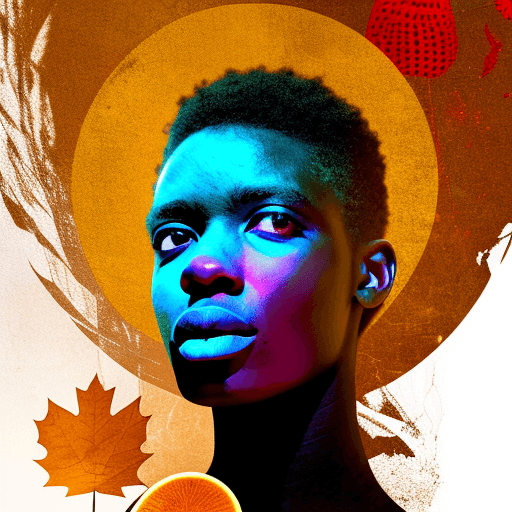One-line Summary:
In Chinua Achebe’s “Things Fall Apart,” the story of Okonkwo, a respected warrior in an Igbo village, explores the clash between traditional African culture and the arrival of European colonialism.
The Clash of Cultures:
“Things Fall Apart” delves into the clash between traditional African culture and the arrival of European colonialism. Set in the late 19th century, the novel follows the life of Okonkwo, a respected warrior in the Igbo village of Umuofia. Okonkwo embodies the values of his society, which prioritize strength, bravery, and masculinity. However, as European missionaries and colonial administrators begin to infiltrate the village, Okonkwo and his community face the challenge of preserving their way of life.
The arrival of the Europeans brings with it a new religion, Christianity, which challenges the traditional religious beliefs of the Igbo people. The missionaries, led by Mr. Brown and later Reverend James Smith, gradually gain converts and undermine the authority of the village’s religious leaders. This clash between the old and the new creates tension and division within the community, leading to a loss of cultural identity and a breakdown of social order.
The Tragic Hero:
Okonkwo, the protagonist of the novel, is a complex character who embodies both strength and flaws. He is driven by a deep fear of becoming like his weak and lazy father, Unoka, and strives to achieve greatness and respect in his community. Okonkwo’s determination and hard work lead to his success as a warrior and farmer, but his rigid adherence to traditional values also leads to his downfall.
Despite his accomplishments, Okonkwo’s excessive pride and violent nature cause him to alienate himself from his family and community. He is unable to adapt to the changing times and resents the influence of the Europeans. Okonkwo’s tragic flaw is his inability to accept change and his stubborn belief in the superiority of his own culture. Ultimately, his refusal to compromise leads to his own tragic demise.
The Consequences of Colonialism:
“Things Fall Apart” vividly portrays the devastating impact of European colonialism on African societies. As the Europeans establish their authority, they exploit the resources of the land and impose their own laws and customs. The Igbo people, who once lived in harmony with their environment, are forced to adapt to a foreign system that devalues their traditions and way of life.
The novel also highlights the destructive nature of cultural imperialism. The Europeans dismiss the Igbo people as savages and attempt to impose their own beliefs and values. This erodes the Igbo’s sense of self-worth and leads to a loss of cultural identity. The consequences of colonialism are far-reaching, as the Igbo people experience social disintegration, economic exploitation, and the erosion of their spiritual beliefs.
Key Takeaways:
- Clash between traditional African culture and European colonialism
- Importance of cultural identity and the devastating consequences of its loss
- The tragic hero archetype and the downfall of Okonkwo
- The destructive nature of cultural imperialism
“Among the Igbo, the art of conversation is regarded very highly, and proverbs are the palm-oil with which words are eaten.”
– Chinua Achebe
In “Things Fall Apart,” Chinua Achebe masterfully explores the clash between traditional African culture and the encroachment of European colonialism. Through the tragic story of Okonkwo, readers witness the devastating consequences of cultural imperialism and the erosion of a proud and vibrant society. The novel serves as a powerful reminder of the importance of cultural identity and the need to preserve and respect diverse cultures in a rapidly changing world.












